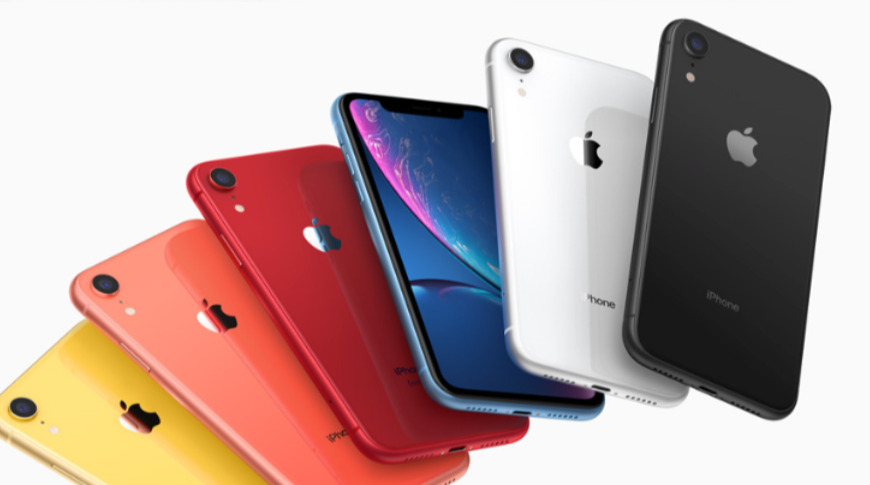Sources reportedly familiar with Apple's supply chain say that a new Touch ID fingerprint system is already being tested for next year's iPhone.
A new report claims that Apple is currently testing an iPhone model with a new version of Touch ID that uses sensors underneath the display. Rather than the previously separate home button, or the notch needed for Face ID to work, users would be able to touch their iPhone screen to have it register their fingerprint.
According to a report on Thursday from Bloomberg, unnamed sources say this technology is intended for the 2020 iPhones. However, the sources caution that it may slip back to the 2021 releases instead.
Apple has been said to be working on in-display Touch ID for some time, with certain patents regarding the technology being revealed in February. Still another patent was uncovered in April.
Analyst Ming-Chi Kuo has also claimed that this version of Touch ID will be coming to the iPhone. In August was saying he expected it to be in either the 2020 or 2021 models.
The new report in Bloomberg says that Apple's suppliers have yet to manage mass-producing the technology. Smartphones from rivals including Samsung currently offer an equivalent.
In Apple's case, the Touch ID system would likely in tandem with the newer Face ID, rather than replace it. As well as authentication, Face ID is also the basis for certain augmented reality and camera photography features.
The report also repeats recent speculation about Apple making a lower-cost iPhone next year. Separately, one claimed method of cutting costs could be reverting to a Touch ID-only device.
It isn't clear if Thursday's report is based on new sources of information, or is repeating old information.
Apple's 2019 iPhones are to be unveiled at an event on September 10.
 William Gallagher
William Gallagher








 Christine McKee
Christine McKee
 Marko Zivkovic
Marko Zivkovic
 Mike Wuerthele
Mike Wuerthele

 Amber Neely
Amber Neely
 Sponsored Content
Sponsored Content
 Wesley Hilliard
Wesley Hilliard










23 Comments
Hmmm....piece a few 'rumours' together and it should arrive at: low end model iPhone SE will finally discard the Touch ID home button and align to full-size screen like its higher end siblings (iPhone XR, Xs and Xs Max in 2018, perhaps named as iPhone 11, 11 Pro and 11 Pro Max in 2019) by 2020 (in an optimistic perspective).
More biometrics == better, both for usability and security.
For a super secure mode, they could require finger print, faceid, and perhaps even voice recognition.
for a more flexible mode, require any one of those three.
I have TouchiD for my iPhone 7 and faceID for my iPad, I prefer TouchID, in my experience, it works just as fast and is more reliable. I can see faceID being useful if my hands are wet though or have gloves on.